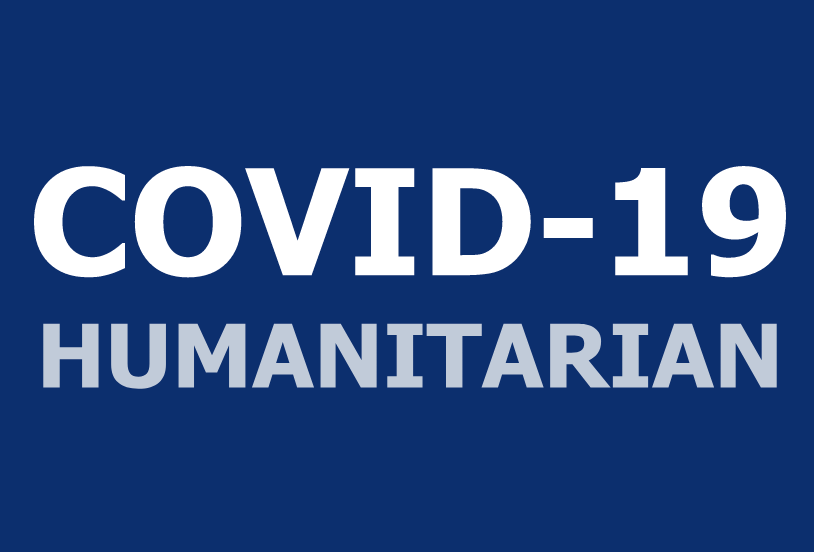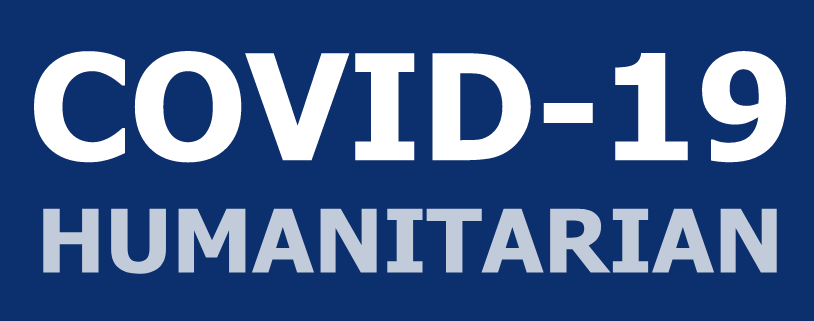Field Experience Summary: Rumour Management, Nigeria
Misinformation on COVID-19 in rural Nigeria was widespread. Rumours included that only those in cities, Egyptians, the rich, or people over 40 could get sick. In addition, rumours spread that alcohol consumption could prevent COVID-19 (based on the use of alcohol hand sanitiser), or that eating raw garlic could prevent it. While some of the stories and information were in the public domain prior to ActionAid Nigeria’s intervention in these communities, the precise levels misinformation in the community were brought to light during a preliminary visit to understand the needs of the population. The rumours meant that people were not taking proper precautions to avoid contracting the virus. In each of their communities they visited ActionAid Nigeria found that there was no social distancing, markets were full and worship centres crowded.
In addition, ActionAid Nigeria noticed that COVID-19 awareness campaigns focused heavily on urban centres, and that radio channels and posters tended to target urban populations. Many rural communities lack network coverage, meaning they had limited access to the media campaigns ongoing. They found that in rural villages, many people were not even aware that COVID-19 existed, and that life was carrying on as normal. The objectives of ActionAid Nigeria’s programme were to raise awareness of COVID-19 symptoms, prevention, and services, as well as to dispel myths.
To manage rumours and misinformation, ActionAid Nigeria have been running a ‘door to door’ campaign in rural communities. They have a team of 14 people in each community, including nine from their existing community team and five community facilitators.
Source: Field Experience Summary: Rumour Management, Nigeria
Views 901





